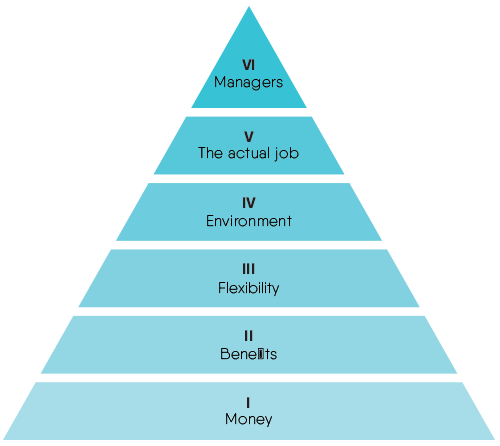I’m not terminating anyone ever again.
I can’t terminate anyone, because I don’t hire anyone. I do invite people to join me. Join me on this journey, on this path. It’s going to be a great trip. I invite them to be a part of my family. Not my ‘work’ family, but my actual family. I spend more time with my co-workers than I do with my wife and children (in terms of waking hours). So, when I invite someone to join us, it is not something I take lightly.
That’s why, from now on, I’m not terminating anyone. From now on, I’m just uninviting them to continue being a part of what we have going on. Just like a party. You were invited to attend, but you end up drinking too much and making a fool out of yourself, so now you’re uninvited. You can’t attend the next party. I don’t know about you, but when I throw a party, I never (and I mean never) invite someone I can’t stand. Sometimes a couple has issues with this, where one spouse wants to invite his or her friend, but their spouse is a complete tool and it causes issues.
Not in my family, we only invite those people we want to be around, life is too short.
Here’s the deal. When you invited someone into your family, you usually end up falling in love with them. It’s that way in business. It’s the main reason we have such a hard time firing on bad performers. We fall in love with those people we hire. “Oh, Mary, she’s such a nice person!” But, Mary, can’t tie her shoes and chew gum at the same time. So, we give Mary chances, too many chances, and pretty soon Mary is part of the family. It’s hard terminating part of the family.
I would rather just not invite Mary to attend work any longer. “Hey, Mary, we love you, but look, we aren’t going to invite you to work. We’ll still see you at 5 pm over at the bar for drinks.” Sounds so much easier, right!? It happens all the time. I use to get invited to stuff, but somewhere down the road, the group stopped inviting me. I might have been a little upset over it, but it didn’t last and I’m still friends with everyone. Termination is so permanent, it’s like death.
Being uninvited sends the same message, but there’s a part of being uninvited that says “you know what, maybe it was you, maybe it was us, but let’s just face it, together it doesn’t work.”
You’re Uninvited.

 Level I – Money – cash!
Level I – Money – cash!
